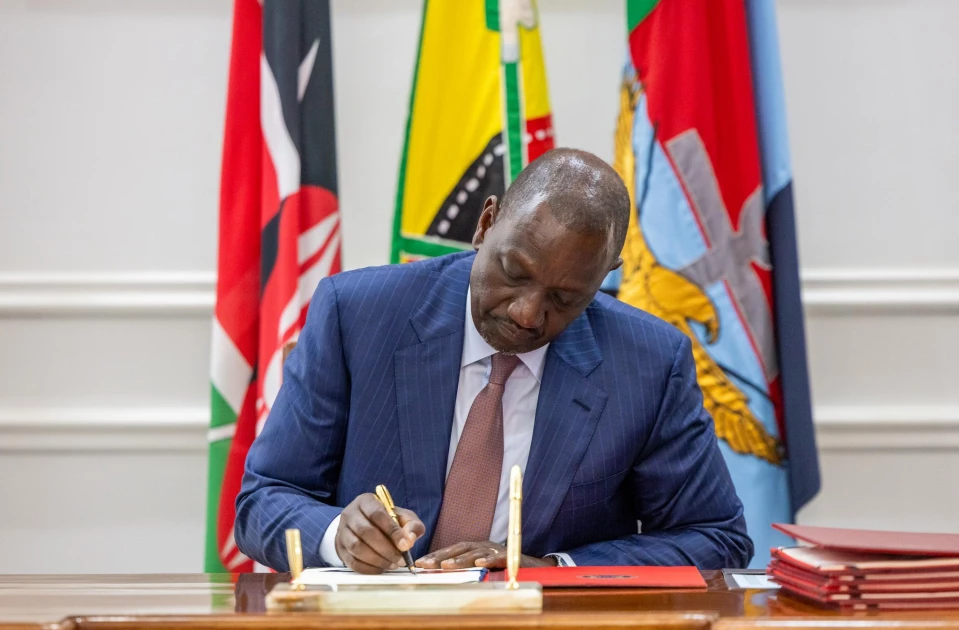What You Need to Know About the Computer Misuse and Cybercrimes (Amendment) Bill 2024

President William Ruto assented to seven major bills on October 15, 2024, moments before announcing the death of former Prime Minister Raila Odinga. Among them, the Computer Misuse and Cybercrimes (Amendment) Bill 2024 has attracted widespread attention due to its direct impact on Kenya’s digital space. Sponsored by Wajir East MP Aden Mohamed, the Bill introduces new measures to address cyber threats, online harassment, and digital fraud while strengthening Kenya’s capacity to regulate harmful online content.
What Does the Computer Misuse and Cybercrimes (Amendment) Bill 2024 Propose?
The Bill seeks to enhance the Computer Misuse and Cybercrimes Act, Cap 79C, by expanding the powers of the National Computer and Cybercrimes Coordination Committee (NC4). Under the proposed law, the NC4 will be authorized to issue directives that make specific websites or applications inaccessible in Kenya if they are found to promote illegal activities, child pornography, terrorism, or extremist content.
Additionally, the Bill broadens the scope of cyber harassment under Section 27. It criminalizes any form of communication that could incite violence, cause property damage, or negatively affect another person. Anyone found guilty faces a fine not exceeding KSh 20 million, a 10-year prison term, or both. The same penalties apply to individuals who share indecent or grossly offensive content targeting others online.
What Are the New Offences Introduced in the Bill?
The Bill also amends Section 30 to expand the definition of phishing, a growing cybercrime involving the theft of personal data through fraudulent websites, emails, or phone calls. Offenders who create or operate fake websites or send misleading messages to trick users into revealing personal information could face a fine of up to KSh 300,000 or three years in prison, or both.
In a significant addition, the Bill introduces Section 42A, which criminalizes unauthorized SIM swaps. The section states that any person who willfully alters or unlawfully takes ownership of another individual’s SIM card with the intent to commit an offence will face a fine not exceeding KSh 200,000, a two-year jail term, or both.
The amendments aim to tighten control over Kenya’s digital landscape and hold offenders accountable for cyber-related crimes. They also reflect the government’s ongoing efforts to balance technological innovation with responsible internet use, ensuring that Kenya’s growing online community remains both secure and lawful.
By Yockshard enyendi










